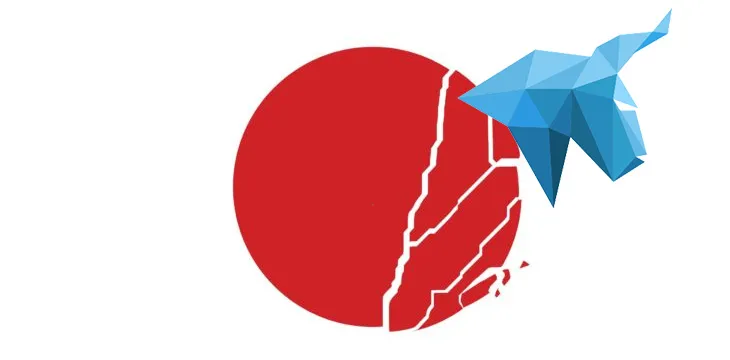|
Getting your Trinity Audio player ready...
|
HitBTC, a Hong Kong-based cryptocurrency exchange, will no longer be offering its services to Japan-based customers. HitBTC announced that they would suspend offering their services to residents in Japan to avoid violating the Japan Payment Services Act. According to the announcement made on their website, all individuals residing in countries that do not allow cryptocurrency activities will no longer have access to the exchange’s services, and accounts held by individuals from these areas will cease to operate.
According to reports, the exchange added a new section called Service Restriction to the Legal Information page of is Terms of Service. Individuals suspected of being residents of Japan will be required to provide information on their residency within the Know Your Customer (KYC) procedures.
Japan’s Payment Services Act allows cryptocurrency as a means of payment. However, it stipulates that any cryptocurrency exchange wishing to base their operations in Japan should register with the country’s financial authorities. To date, since the implementation of the new regulations, only 16 exchanges have been granted the license of operation. According to information from the Finance Service Agency (FSA), 16 more exchanges are still under review with 8 indicating that they are withdrawing their applications. Kraken, another exchange, announced their withdrawal in April stating that it was becoming too costly to operate in the country due to the new regulations set by FSA.
Authorities in Japan have already issued warnings to exchanges operating without a license. Among those given warning include Binance. In the letter, the exchange was asked to stop their operations and apply for license or proper measures would be taken against it.
HitBTC and Kraken’s withdrawals from Japan will largely affect the country’s cryptocurrency market. Despite the challenges, Japan still remains among the most crypto-friendly markets in the region and other parts of the world.
HitBTC is the eighth largest cryptocurrency in the world. The exchange started its operations in 2013. It has been providing services to millions of people in Japan and other parts of the world.

 07-14-2025
07-14-2025 





